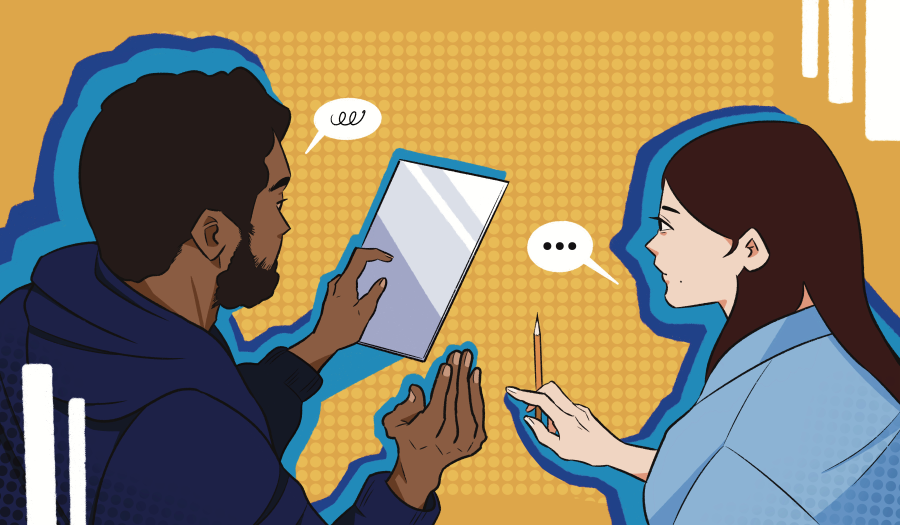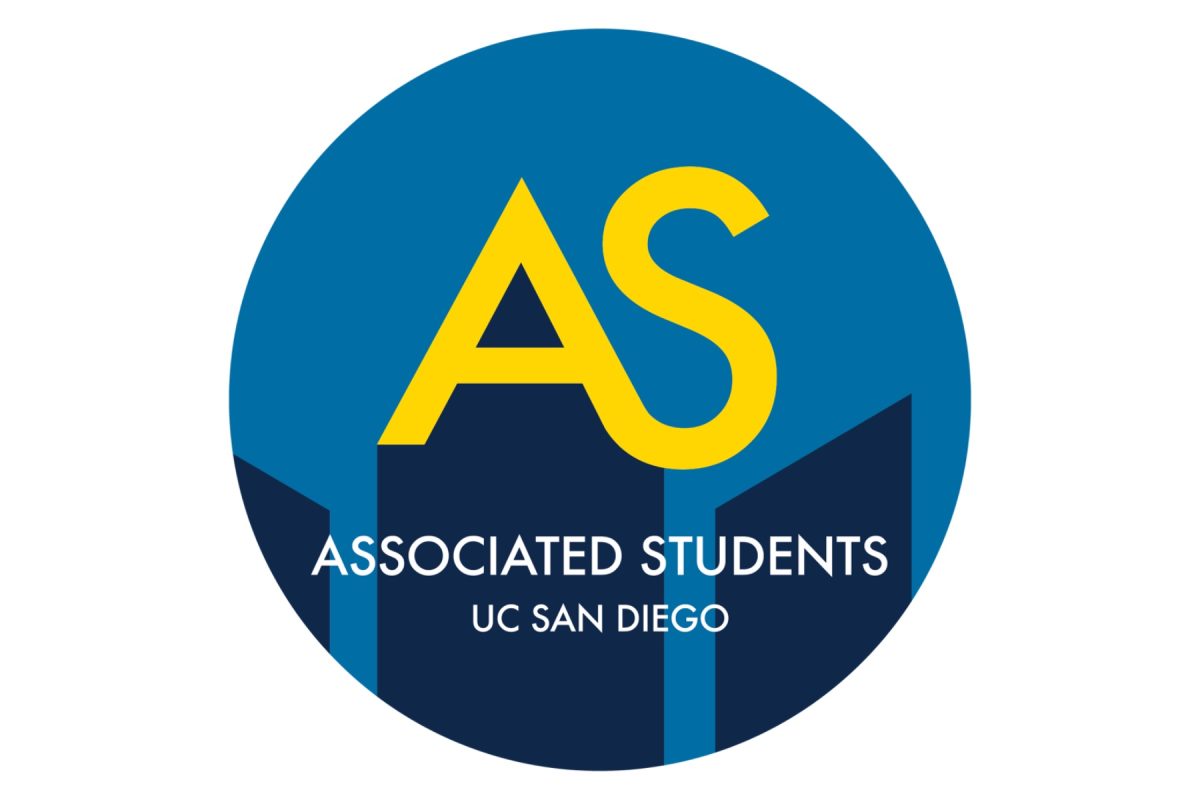At the A.S. Council’s Week 1 meeting on Sept. 28, senators met to discuss their capstone projects. To start, President Sky Yang and Senators Francesca Juarez, Hope Morihara, Nikki Saito and Suleyma Villa presented their capstone project: Expanding Food Choices and Food Access on Campus. The senators explained that their project was motivated by the lack of food options on campus, the inaccessible and expensive food options off-campus, and the lack of inclusivity for students who require specific dietary adjustments. In order to increase accessible and affordable food options that consider dietary needs and personal and cultural preferences, they plan to work with UC San Diego’s Housing Dining Hospitality to include more accessible menu items and hire an on-campus nutritionist to help students explore feasible food options. They also intend to raise awareness about the Reduced Allergen Dining Program and revamp the Triton2Go mobile app to color-code dishes suitable for individuals with specific dietary requirements and introduce filters for common allergens.
Next, senators presented their capstone project: International Week. They believed that although UCSD has a diverse student population and an International House, International House (I-House) feels isolated from the rest of campus. Therefore, they proposed International Week to bridge this divide. Inspired by the Asian Night Market held by the Multi-Asian Student Association, they intend to collaborate with I-House, Eleanor Roosevelt College, various campus partners, and local businesses to host a night market each day of International Week that celebrates one of five continental regions. Through this, they hope to appreciate and introduce students to UCSD’s diverse student population.
Senators Raha Azari, Michelle Griffith, Sydney Joe, Rhianen Callahan and Sukham Sidhu followed by introducing their project on Disability Justice. Their project aims to streamline and outline the process for students to apply for academic accommodations, as well as beginning conversations about having a disability at UCSD. They intend to do this by interviewing students and professors who have utilized Office for Students Disabilities (OSD) services before, as well as by working with The UCSD Guardian, Triton TV, KSDT Radio, and other organizations to raise awareness about disability justice and source opinions on how OSD can be improved.
The last capstone project presented was You, Me and Menstrual Equity by Lian Barkhordar, Karla Tirado, Kathleen Nguyen, Mariealy Espinoza Cortes, Max Gruber, Miriam Lope and Verina Leung. Their project focuses on period poverty, the inability to access period products, which negatively affects menstruators’ mental and physical health and education. Last fall, Governor Newsom signed AB 376, which mandates all public grade schools, community colleges, and California State Universities to provide free menstrual products for their students. However, the bill only strongly recommends for University of California campuses to do so. Therefore, the senators plan to implement UC Menstrual Equity San Diego (UCME-SD), a collaborative space for menstrual equity discussion and efforts amongst various stakeholders on campus. Through UCME-SD, they hope to implement free menstrual products at various bathrooms around campus.
A.S. Council meetings take place at 6 p.m. every Wednesday and are open to students. Students can participate in these meetings by joining their Zoom link or tuning in on Facebook Live.
Correction: This article was updated at 2:41 p.m. on Oct. 9 to reflect Sky Yang’s position as A.S. President.
Art by Michelle Deng for the UCSD Guardian.















retro bowl unblocked • Nov 30, 2022 at 2:17 am
Like your post!
Depending on what you want. Stay healthy in winter